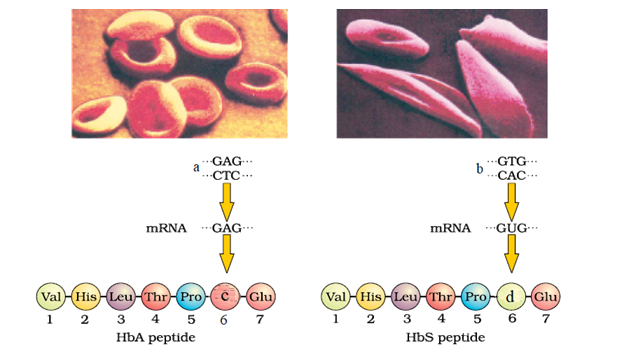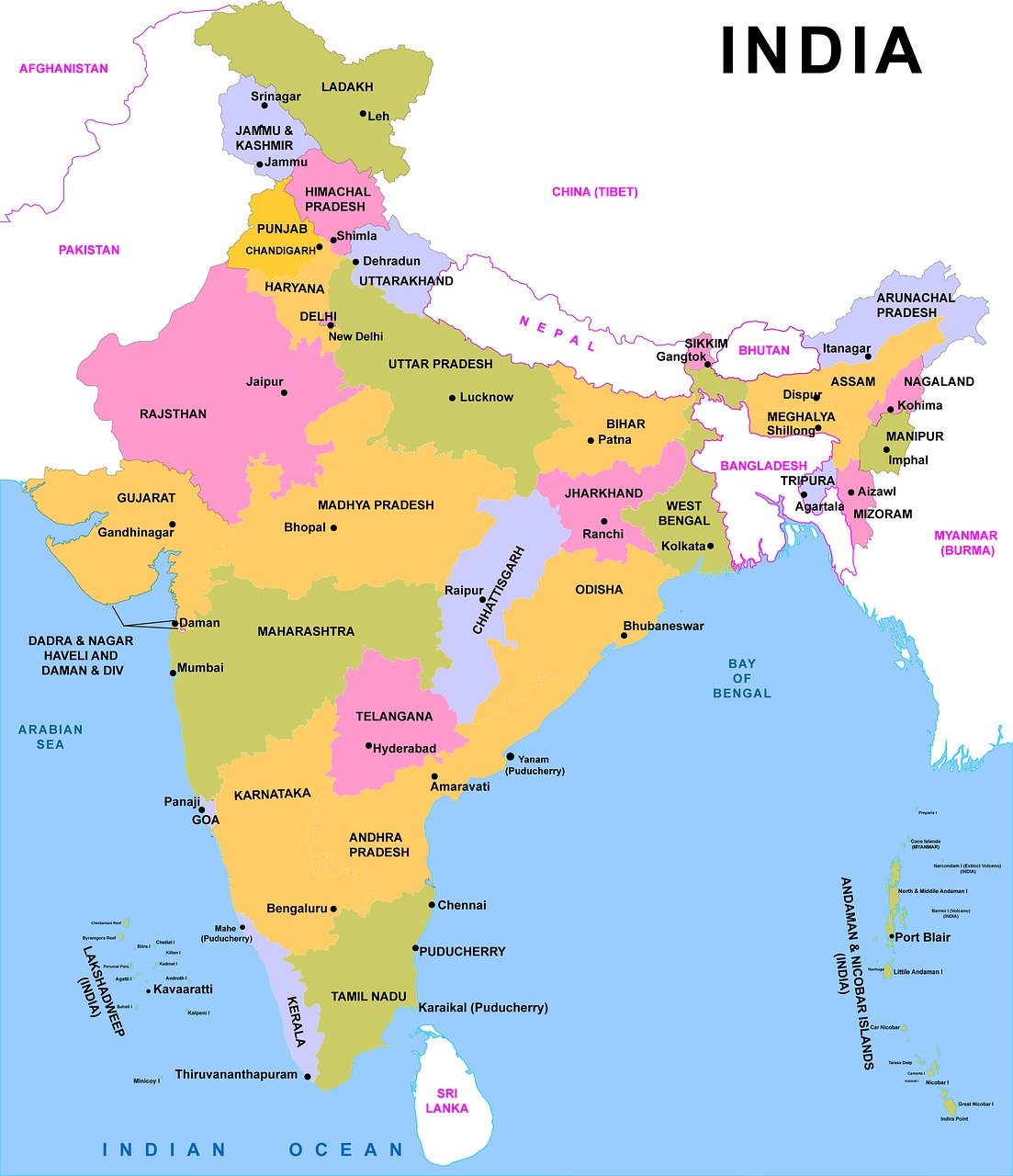Global Warming | Definition, Facts, Paris Agreement & Solution
Global warming refers to a long-term increase in the Earth’s average surface temperature due to human activities, primarily emissions of greenhouse gases into the atmosphere. The primary greenhouse gases responsible for global warming are carbon dioxide (CO2), methane (CH4), and nitrous oxide (N2O). These gases trap heat from the Sun, creating a “greenhouse effect” that warms the planet. Global warming is a global issue that requires cooperation and action from governments, industries and individuals to reduce its impacts and limit further increases in temperatures. Failure to tackle global warming could have serious consequences on the planet and future generations. Efforts to address global warming include mitigation of greenhouse gases through actions such as transition to renewable energy sources, improving energy efficiency, and reforestation. Including reducing emissions. Additionally, adaptation includes strategies to deal with the impacts of climate change, such as building resilient infrastructure and protecting vulnerable communities.
Reason
The main human activities that contribute to global warming are burning fossil fuels (such as coal, oil and natural gas) for energy, deforestation and industrial processes. These activities release carbon dioxide and other greenhouse gases into the atmosphere. Apart from this, volcanic eruptions are also the cause of global warming, these eruptions release tons of carbon dioxide which increases global warming, similarly methane is also an issue of global warming.
Consequences
Global warming has many negative consequences, including increased global temperatures, more frequent and severe heatwaves, shrinking of polar ice caps, melting of glaciers, rising sea levels, extreme weather events (such as hurricanes and droughts), and disruption to ecosystems and biodiversity. ,
Climate change
Global warming is a major driver of climate change, involving long-term changes in temperature, precipitation patterns, and other climate-related factors. Climate change can have far-reaching impacts on ecosystems, agriculture, water resources and human society. Scientists say that the Earth’s temperature has increased by 1 degree Fahrenheit in the last 100 years, which can lead to this change in temperature, which has led to many incidents of climate change. Apart from this, the sea level has also increased by about 8 inches. This may impact climate change
Paris Agreement
In an effort to combat global warming and its effects, many countries have signed the Paris Agreement. This international treaty aims to limit global warming to well below 2 degrees Celsius above pre-industrial levels, with an ambitious target of limiting it to 1.5 degrees Celsius. Countries have committed to reducing their greenhouse gas emissions and adopting more sustainable energy sources.
Individual action
People can contribute to addressing global warming by conserving energy, reducing waste, using public transportation, and supporting policies and technologies that reduce emissions. Climate awareness and individual action are important in the global effort to combat global warming. Such as blocking out harmful gases, controlling waste, deforestation should be stopped.









